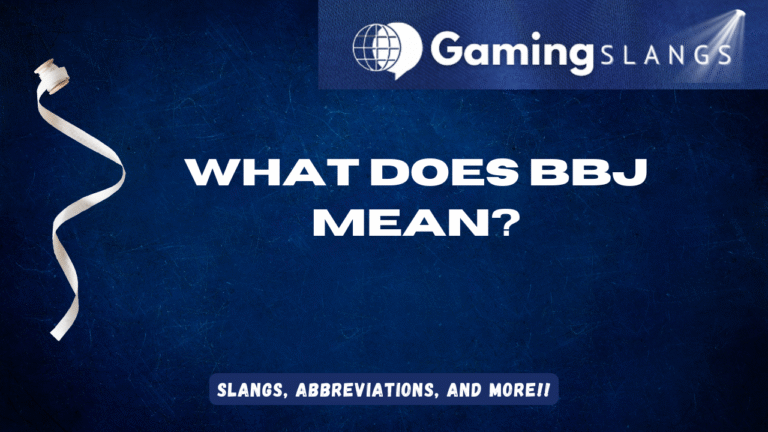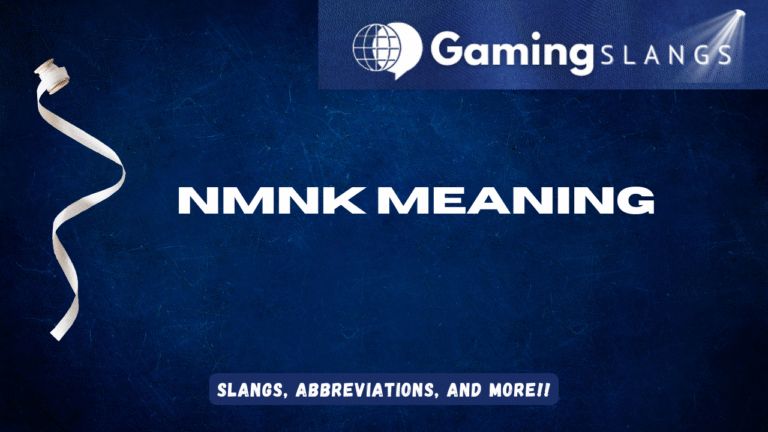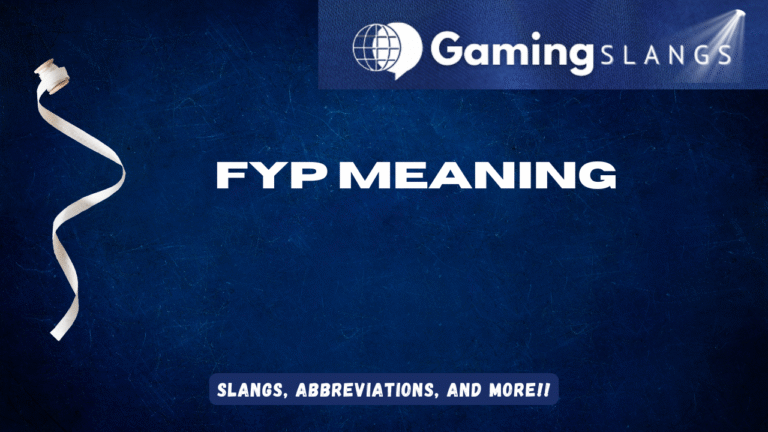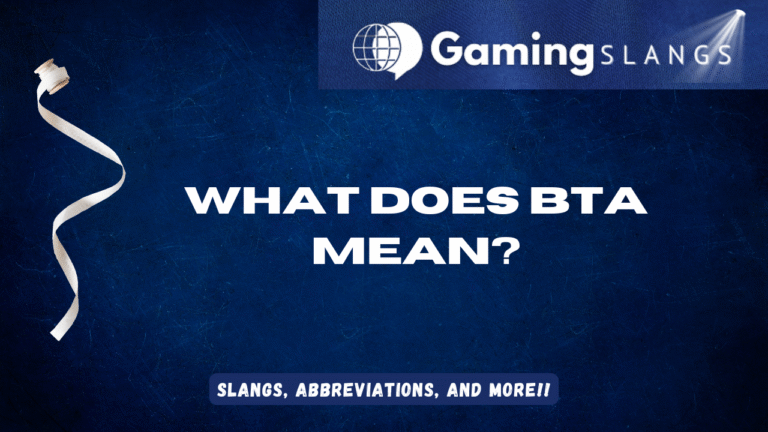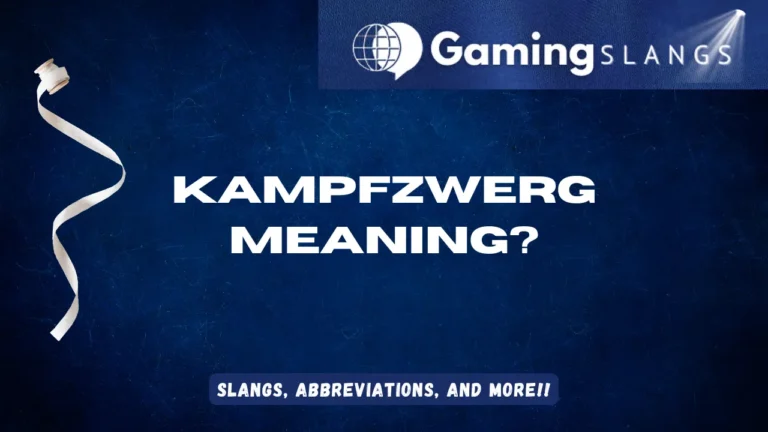Chunti is a slang term commonly used in South Asian cultures, especially in Pakistan and India, to describe a person who acts overly conservative, traditional, or rigid in behavior.
It’s often used in a lighthearted or teasing way to label someone who avoids modern trends or sticks strictly to old-fashioned values.
Origins of Chunti
The slang term chunti comes from everyday Urdu and Hindi street lingo. It originally referred to someone extremely cautious or modest, like the Urdu expression “bohot chunti hai” (very picky or reserved).
Over time, its usage expanded online and in youth conversations to describe people who are too old-school or “uncool.”
How to Use Chunti in a Sentence?
The word “chunti” is usually used in jokes, friendly banter, or casual conversations when teasing someone for being too traditional or overly proper. Below are some examples:
- “Stop being such a chunti, wear something trendy for once.”
→ Used to tease someone for dressing too modestly or old-fashioned. - “He didn’t join the dance, what a chunti move.”
→ Suggests someone is too reserved or shy for fun activities. - “My cousin is a total chunti; she never watches movies or goes out.”
→ Describes a person as extremely conservative in lifestyle choices. - “Don’t act like a chunti, it’s just a harmless joke.”
→ Teasing someone for overreacting or being too serious. - “She’s sweet, but also a bit of a chunti when it comes to parties.”
→ Suggests that someone is nice but doesn’t enjoy modern social gatherings.
Pronunciation of Chunti
Pronounced as: chun-tee (placeholder for audio 🔊).
Words Similar to Chunti (Slang)
- Burger – A Pakistani slang word for someone trying to act overly westernized.
- Seedha – Refers to a simple, innocent, or straightforward person.
- Gaon Wala – A term sometimes used to describe someone traditional or “village-like.”
- Conservative – A more formal English term for someone with traditional views.
- Old-school – Refers to someone who follows outdated trends or values.
Each of these terms, like chunti, highlights how people label others based on their lifestyle, traditions, or personality in casual speech.


